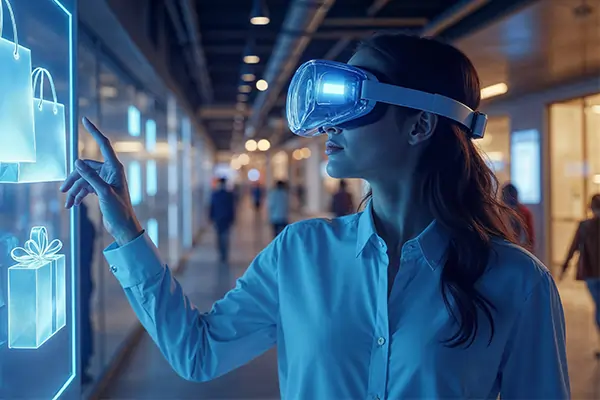AI-driven testing cuts bug detection time, enhances VR experience, and saves costs.
Virtual Reality (VR) is expanding rapidly, utilized in gaming, training, social experiences, and beyond. However, ensuring VR apps are smooth and free of bugs is a large undertaking. Manual testing takes a long time and cannot keep pace with the sophisticated world of VR. This is where machine learning (ML) is revolutionizing quality assurance (QA).
At Meta, quality assurance expert Komal Jasani led the adoption of machine learning for quicker and more effective VR testing. Rather than manually having every detail checked by testers, ML models scan user data to detect bugs early. This strategy has helped detect bugs 40% quicker and reduced testing time by 30%. As a result, updates and releases are faster, and QA expenses fell by 25%, saving millions within three years. Machine learning also employs predictive models that are capable of predicting issues prior to their occurrence. This raises the test coverage and enhances defect detection by more than 60%. The execution time of tests was cut from close to two days to a mere 18 hours.
Implementing AI was not straightforward; legacy QA tools weren't designed for machine learning. To overcome this, the team developed synthetic data and new real-time testing tools across devices. These innovations enhanced platform stability, increased performance, and improved customer satisfaction by 15%. Experts expect AI and ML to continue making VR testing smarter and more efficient. New tools might even begin measuring user comfort in the near future to enhance accessibility and enjoyment.
The central message is definite: machine learning makes QA teams smarter, saves them time and resources, and gives users the best possible VR experience.
.webp)










.webp)































.webp)
